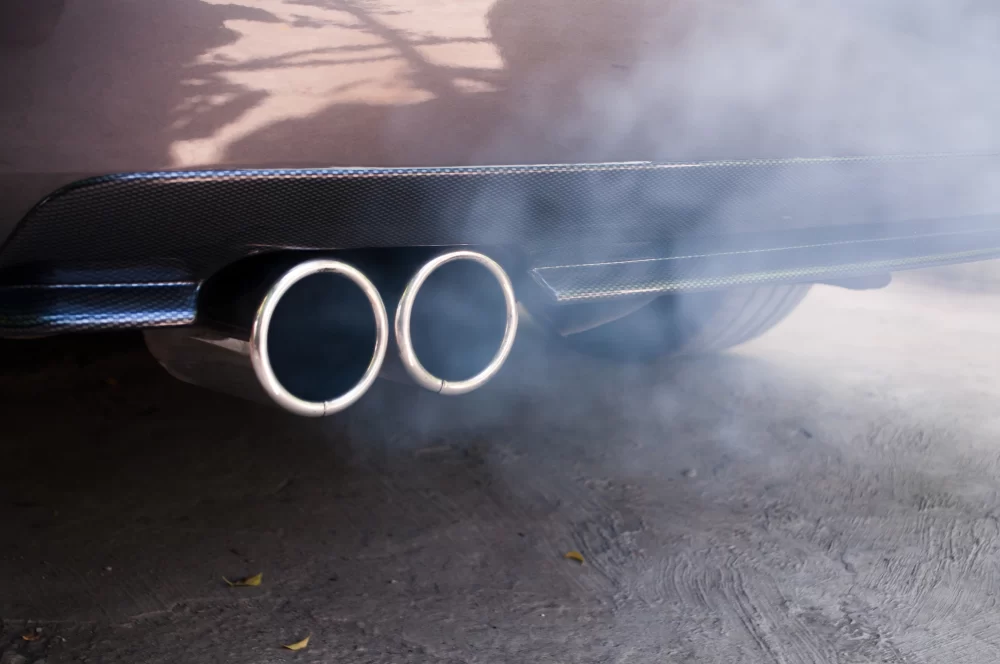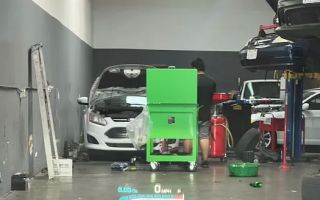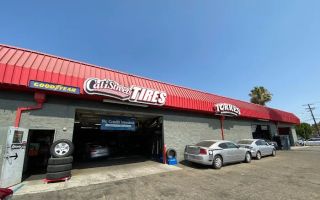How to Maintain and Fix Your Car’s Exhaust System – Expert Tips
Published on Mar 18, 2025
Auto Repair Shops Near Me
Recommended

Best SUVs for Families with Young Kids in 2025
Discover the best SUVs for families with young kids in 2025. Learn about top models, including the Toyota Highlander, Honda Pilot, Ford Explorer, and more. Find the perfect family vehicle with the latest features and safety options.
Mar 04, 2026
The Best Cars for Business Professionals in 2025
Discover the best cars for business professionals in 2025. From electric cars to luxury sedans, find the perfect vehicle for success and comfort on the road.
Mar 04, 2026
How to Protect Your Car from UV Damage – Tips and Effective Solutions
Learn effective ways to protect your car from UV damage. Discover how to prevent fading, cracking, and deterioration caused by UV rays, and keep your car looking new for longer.
Mar 03, 2026
Essential Guide on How to Maintain Your Car's Suspension System
Learn how to properly maintain your car's suspension system to ensure a smooth and comfortable ride. Discover essential tips, common issues, and solutions for prolonging the life of your car's suspension.
Mar 03, 2026
Best Hybrid SUVs in 2025 for Eco-Conscious Drivers
Explore the best hybrid SUVs in 2025 designed for eco-conscious drivers. Learn about the top models offering fuel efficiency, cutting-edge technology, and reduced environmental impact.
Mar 02, 2026
Best Vehicles for Camping and Outdoor Adventures in 2025
Explore the best vehicles for camping and outdoor adventures in 2025. From rugged SUVs to versatile overlanders, discover which models are ideal for outdoor enthusiasts and long road trips.
Mar 02, 2026Related Categories
Popular

Emergency Vehicle Towing Guide for Miami: What You Need to Know
Jan 24, 2025
The Best All-Season Tires for Your Car in 2025: Top Picks for Every Driver
Mar 07, 2025
How Towing Services Can Help with Engine Overheating: Immediate Assistance When Your Engine Runs Hot
Jan 24, 2025
How to Safely Use Towing Services for Vehicles with Dead Batteries
Jan 24, 2025
Comprehensive Guide to Roadside Emergency Services: Towing, Car Rescue, and More
Feb 24, 2025
Flatbed Towing vs. Traditional Towing in Chicago: Which is Right for Your Vehicle?
Jan 22, 2025
Reliable Towing for Electric Vehicles in Madison: Your Trusted Roadside Assistance
Jan 24, 2025
What to Do After an Accident in San Francisco: A Step-by-Step Guide
Jan 22, 2025
Why You Should Always Carry Roadside Assistance Coverage: The Key Benefits and Importance
Jan 24, 2025












